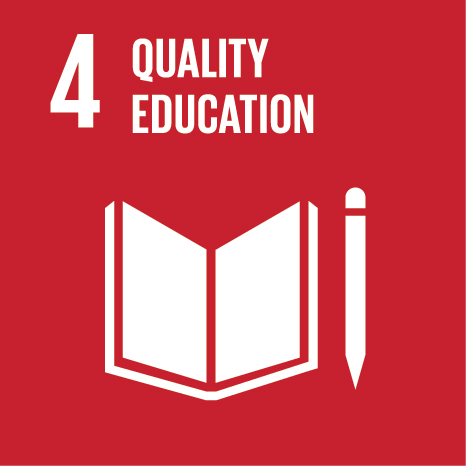 +265(0)111 624 222
+265(0)111 624 222 research@unima.ac.mw
research@unima.ac.mw Chirunga-Zomba, Malawi
Chirunga-Zomba, Malawi
Developing a Cosmopolitanist-deliberative Framework for MOOCs in South African (Higher) Education
Abstract
In this chapter, we argue that the need for a massive open online course (MOOC) (our case study of cosmopolitan education) that aims to enhance African and Western knowledge sharing across geographical and cultural boundaries, on the one hand, while addressing societal inequities of student access to higher education in Africa, on the other, is vital in the quest for addressing instances of cognitive and social injustice in southern contexts. With further research required into southern learner-educator experiences, MOOCs premised on what we argue for in this chapter, namely defence of a cosmopolitanist-deliberative framework could create learning opportunities for students in such contexts in harnessing the educational potential of the Internet. Such an understanding of MOOCs holds for students the possibility of transforming the societal inequities of student access to higher education of the southern contexts through knowledge acquisition, sharing and co-construction towards developing agency in such students.
| Original language | en |
| Pages (from-to) | 121-140 |
| Publication status | Published - 2020 |
UN SDGs
This research output contributes to the following United Nations (UN) Sustainable Development Goals (SDGs)

License
http://www.springer.com/tdmUN SDGs
This research output contributes to the following United Nations (UN) Sustainable Development Goals (SDGs)

License
http://www.springer.com/tdmUN SDGs
This research output contributes to the following United Nations (UN) Sustainable Development Goals (SDGs)

License
http://www.springer.com/tdm